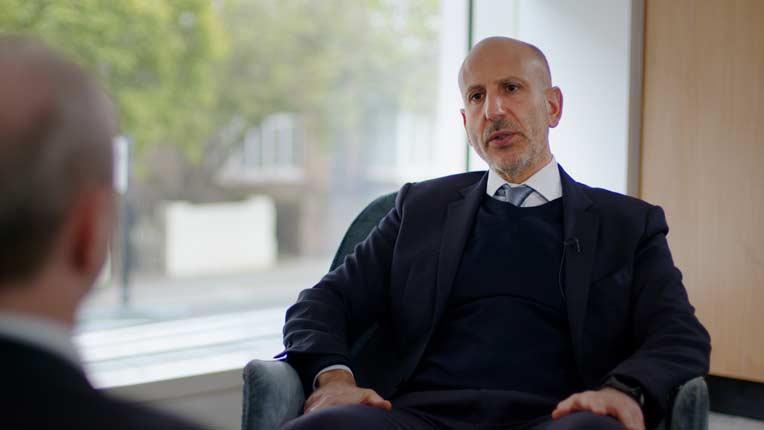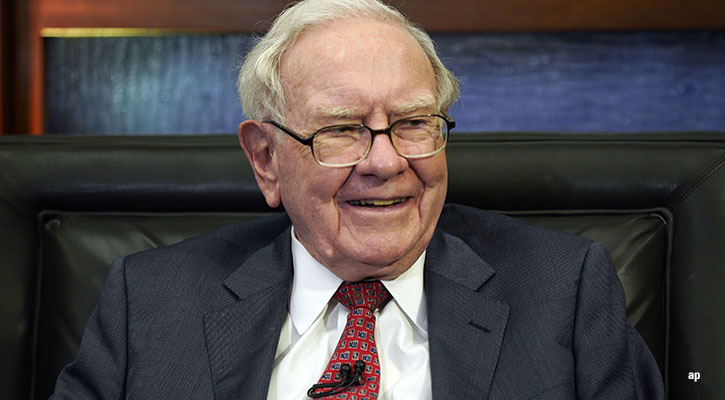Investors are clearly fed up of the eurozone crisis, hence the sigh of relief when an agreement of sorts was hammered out in Brussels this week. I’m sorry to have to remind investors that this problem has not gone away.
Once more the leaders of countries in the single currency--or should one say Germany, France and others who count in varying lesser degrees--have managed to put together a fudge that will just about do for now.
Two things were slightly different this time. Firstly, there was more brinkmanship than usual, mainly to satisfy German politicians and stifle German voters who after all will end up paying most of the bill. We could be seeing a signal that Chancellor Angela Merkel has got the message that the mess has to be sorted out properly and that political pressures at home are forcing her to insist that other countries get their acts together.
Secondly, the market reaction to the delays in reaching an agreement was more muted than in past episodes while the reaction to the eventual agreement was over the top. Investors have clearly stopped believing that the eurocrisis will spark the end of the world as we know it. They think that it is all huff and bluff and something will always be sorted out.
I have cautioned against overplaying events in Europe. I felt that share prices had already factored in a lot of bad news, with juicy yields available among FTSE 100 stocks. I would also caution against underplaying the crisis. Nothing has been solved, nor will it be until the finances of Greece, Italy, Spain and Portugal are sorted out.
I put them in that order of importance, starting with the toughest nut to crack. I also now exclude Ireland, which I feel has addressed its problems sufficiently to survive. It is especially encouraging to note how inflation is under control there, so it does not suffer from the U.K.'s problem of sharply rising prices exacerbating the decline in living standards.
All in all, share prices now reflect a more realistic level for the economic circumstances. We may well see further improvement before year end but I would be hard pushed to justify anything over 6,000 points.
Look for defensive stocks that have fallen back or been left behind in the latest bout of euphoria. This is not the time to be piling into cyclicals.
One reader of this column, quite reasonably, emailed me when the FTSE fell to 5,000 points to point out that I had advised buying on the dips when the index was nearer to 6,000. He asked whether I still felt I was right to encourage people to buy at 5,800 points when investors could subsequently have bought in at 5,000 points.
With the benefit of the crystal ball, of course I would have advised investors to hold off until the market hit the bottom. Well done anyone who called it correctly. However, I think that many investors who held off at 5,800 points would similarly have held off at 5,000 in the belief that the market had further to go downwards.
I am a very patient man and that patience was rewarded this week. Those unfortunate souls who bought in before the market hit the bottom will not be cursing my name quite so strongly now. With the index back up to 5,700 points following the latest euro fudge, the capital loss is comparatively small and investors have had the advantage of receiving any dividends declared in the meantime.
One issue that I was at pains to point out at the London Investor Show last Friday is that dividends count for a greater proportion of total returns from shares than capital gains. Many in the audience were surprised, judging from the reaction afterwards.
So yes, I was right to encourage investors to buy on the dips when the FTSE 100 was trading around 6,000 points. I am even keener to buy on the dips now the index is lower. There are still some great yields to be had among solid blue chip companies. They represent the lowest risk investment at the moment.
I am pleased that so many readers of this column took the trouble to come to speak to me at the London Investor Show. I have already been booked to speak again next year so keep the third October 19, 2012 free. Among companies that were mentioned by private investors were:
BP (BP.): This week chief executive Bob Dudley claimed that BP is turning the corner and matters have admittedly taken a turn for the better with the decision of TKN-BP partners not to join in a court case against BP over its ill-fated Rosneft deal. A Russian court had already stopped the raiding of BP's documents by the other parties in the dispute.
There is also positive news on the other troubled front, with partners in the Gulf of Mexico disaster agreeing to cough up towards the clean-up and compensation costs.
BP proposes to sell off more assets and hopes to improve cash flow. That could help future dividends, which for now are maintained below pre-Gulf levels. BP's shares leapt more than 4% on the news, quite far enough in my view.
I still prefer Royal Duthc Shell (RDSB), in which I hold shares. Shell has just announced doubled profits in the third quarter. Its own disposal programme has gone well and major new projects will come on stream in the next few years.
Shire (SHP): The shares have fallen back in line with other defensive stocks but the yield is still much lower than for GlaxoSmithKline (GSK), in which I hold shares, and AstraZeneca (AZN). I can’t see the point in investing in a defensive stock with a poor yield.
Premier Foods (PFD): The shares are down to 4p and the company is in a mess. Debt restructuring has proved expensive and there is more to come. A buying spree using borrowed cash has turned into a fire sale that will probably see the best brands sold at reduced prices, thus impeding its ability to recover, There have been two profit warnings and when that happens at any company there is usually a third. Shares are down more than 90% in the past six months. Stay well clear.























